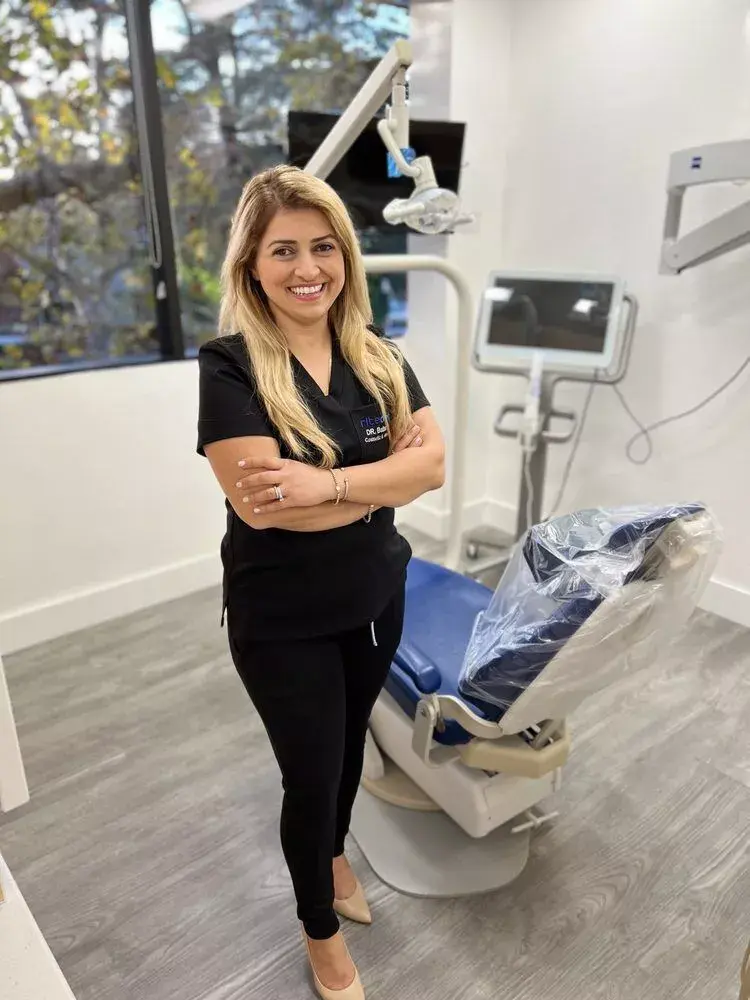Introduction
When dental emergencies strike, they often come as a surprise. One minute you’re enjoying a meal, and the next, you find yourself grappling with a severe toothache or an unexpected injury. In these urgent moments, having access to an expert emergency dentist is crucial. But how do you know which one is right for you? In this comprehensive guide, we’ll explore everything from what constitutes an emergency dental situation to how you can select the best emergency dentist suited to your specific needs.
Emergency Dental Care: How to Choose the Right Emergency Dentist for Your Needs
Dental emergencies can range from a knocked-out tooth to unbearable pain caused by an abscess. Understanding how to choose the right emergency dentist can make all the difference in your recovery and comfort level. Here are some key factors to consider:
Understanding Different Types of Dental Emergencies
What Constitutes a Dental Emergency?
A dental emergency isn't always straightforward. It could be anything that causes severe pain or threatens your oral health. Common examples include:
- Severe Toothache: Often a sign of infection or decay. Broken or Chipped Tooth: This can happen due to trauma or biting down on something hard. Knocked-Out Tooth: Immediate care can save it. Abscessed Tooth: A painful infection that requires immediate treatment.
Recognizing Symptoms That Require Urgent Attention
What Symptoms Should You Look Out For?
Not all dental issues require immediate care. However, certain symptoms should raise red flags:

- Swelling in the gums Bleeding that doesn’t stop Severe pain that disrupts daily activities Fever accompanying dental pain
Researching Emergency Dentists in Your Area
Where Should You Start Your Search?
When searching for an emergency dentist, begin by looking online. Use search engines and local listings. You may also inquire with friends and family for recommendations.
Evaluating Qualifications and Experience
What Credentials Should You Check?
An ideal emergency dentist should have:
- Proper licensure Board certifications Specialized training in emergency care
Assessing Availability and Accessibility
How Important are Office Hours?
Emergency dentists should offer flexible hours, including weekends and evenings. Some may even provide 24/7 service.
Considering Location and Proximity
Why Does Location Matter?
In emergencies, time is of the essence. Choosing a dentist close to home or work ensures quicker access during urgent situations.
Reviewing Patient Feedback and Testimonials
How Can Reviews Influence Your Decision?
Online reviews can provide valuable insights into patient experiences. Look for feedback on:
- Quality of service Treatment effectiveness Staff behavior
Understanding Payment Options and Insurance Compatibility
What About Costs?
Inquire about payment options upfront, including insurance compatibility. Some clinics may offer financing plans implant dentist valley village for those without insurance.
Assessing Comfort Level with the Dentist's Practice Style
Is It Important to Feel Comfortable?
Absolutely! Feeling at ease with your dentist Dentist can enhance your overall experience during stressful situations.
Key Questions to Ask Before Choosing an Emergency Dentist
What are your office hours? Do you accept my insurance plan? Can you provide references or testimonials from previous clients? What types of payment plans do you offer? Are you available for after-hours emergencies? What’s your approach to patient comfort during treatment?FAQs About Emergency Dental Care
1. What should I do if I knock out a tooth?
If you knock out a tooth, handle it carefully by the crown (the top part), rinse it gently with water (don’t scrub it), and try placing it back in its socket if possible. If not, keep it moist in milk or saline until you reach your emergency dentist.
2. How do I know if my situation is really an emergency?
Pain that disrupts daily life, visible swelling, bleeding gums, or any injury affecting teeth or gums generally qualifies as an emergency requiring immediate attention.

3. Can I just wait until regular office hours for treatment?
While some issues might wait, significant pain or visible damage typically necessitates urgent care; delaying could worsen the problem.
4. Will my insurance cover emergency dental visits?
Coverage varies widely based on individual plans; always check with your provider before visiting an emergency dentist.
5. How long will I have to wait at an emergency dental clinic?
Wait times vary depending on the clinic's patient load but expect some delays if multiple patients require urgent care simultaneously.
6. Can I consult my regular dentist instead of seeking an emergency specialist?
If your regular dentist offers after-hours services or has arrangements for emergencies, they might be able to help; otherwise, seek specialized emergency care promptly.
Conclusion
Finding the right emergency dentist doesn't have to be overwhelming if you're equipped with the right knowledge and resources. By understanding what constitutes an emergency dental issue and knowing how to evaluate potential dentists based on qualifications, patient feedback, availability, and comfort level—you're setting yourself up for success when those urgent situations arise.
Always remember: timely intervention makes all the difference in preserving not just your teeth but also your peace of mind during distressing times like these! So stay vigilant about maintaining good oral health and don’t hesitate to reach out when things go awry—your smile deserves it!
This guide serves as a roadmap through the complexities of choosing an appropriate emergency dentist tailored specifically for your needs while ensuring that you're never left stranded during a dental crisis!